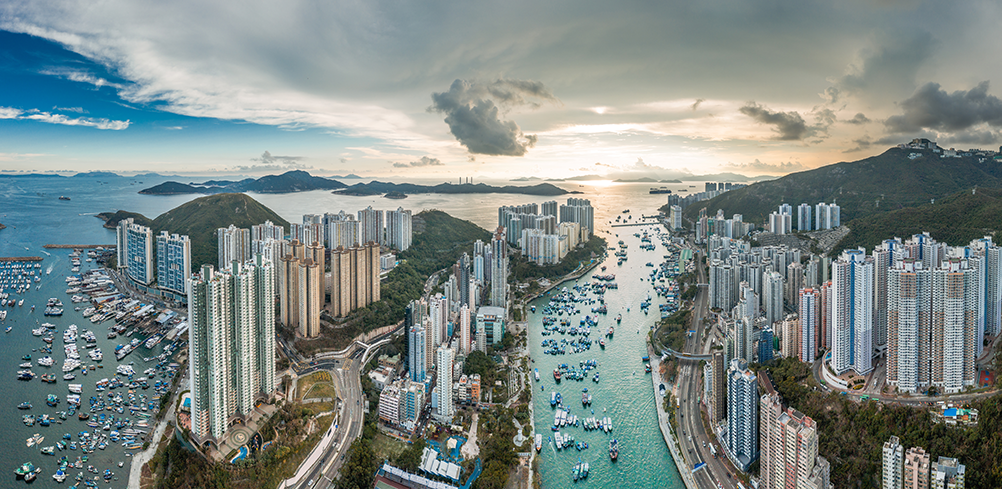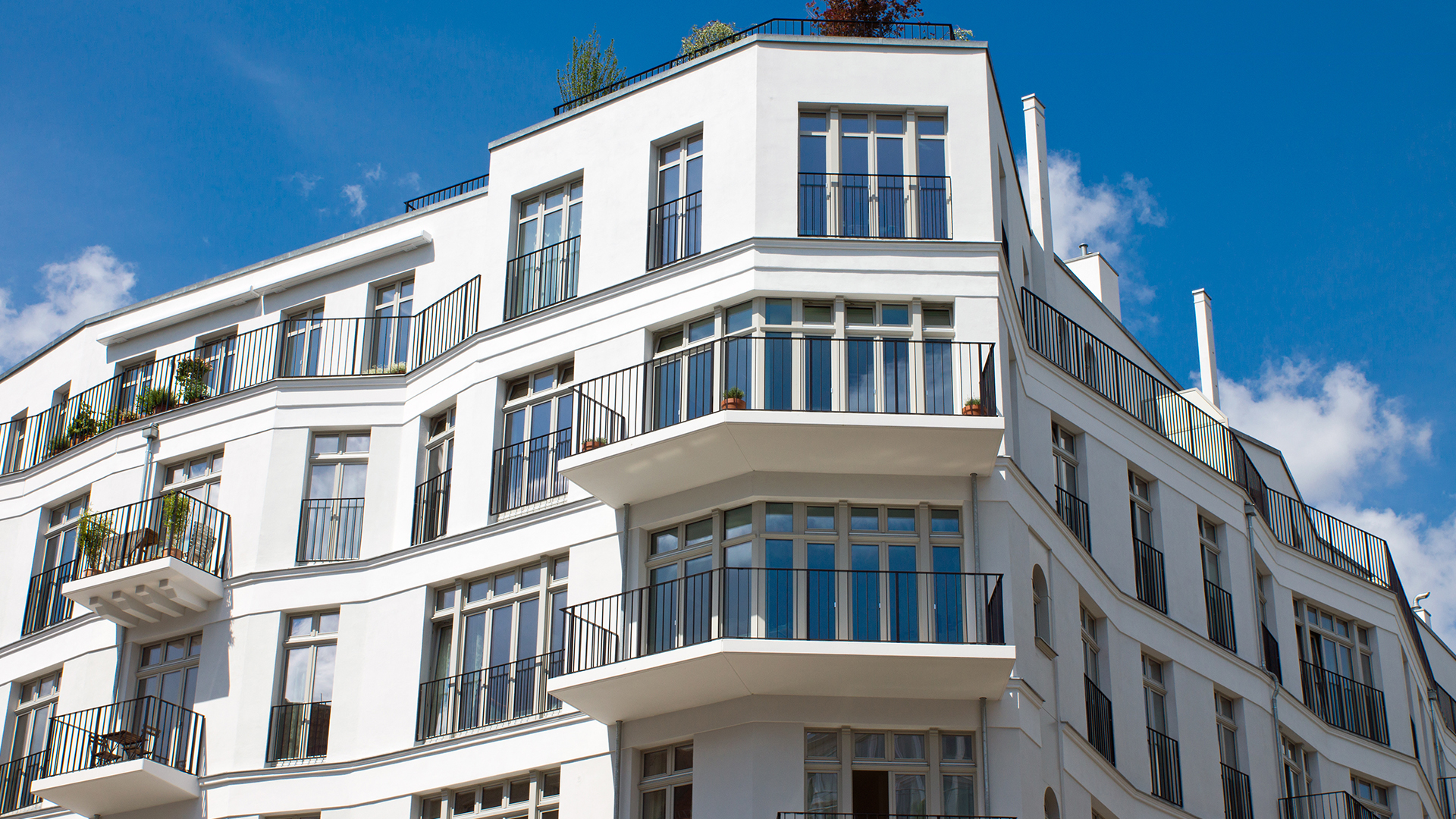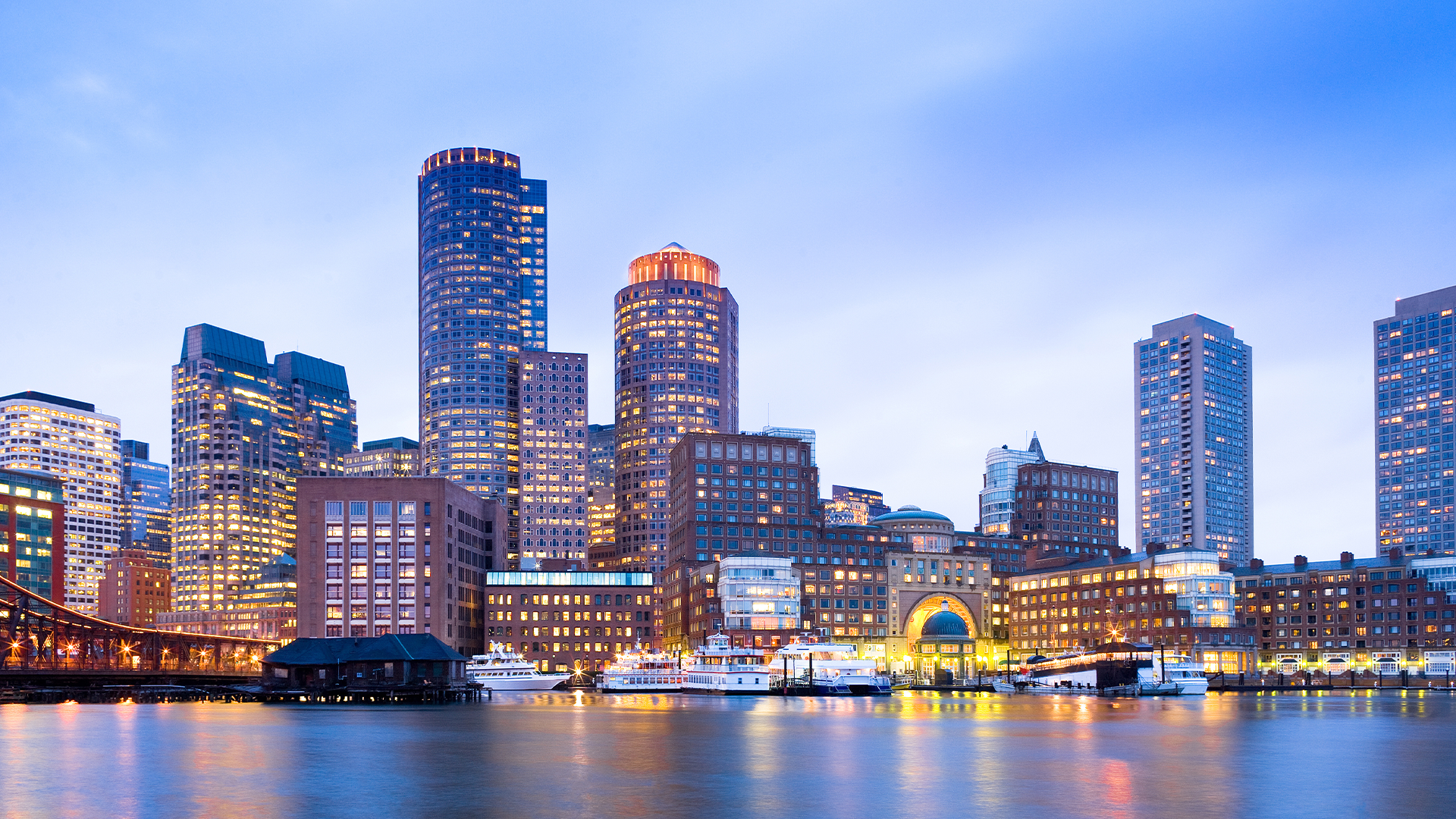
Is Hong Kong is poised for a real estate resurgence?
Two years ago, Hong Kong was the world’s third largest real estate market, trailing only New York and London. The twin challenges of protests and a pandemic have taken their toll. So last week, Yardi called in the experts for their take on Hong Kong’s future.
David Green-Morgan, managing director at Real Capital Analytics in Asia Pacific, Tommy Wu, lead economist for Oxford Economics in Asia, and Yardi regional director, Bernie Devine gathered for the first instalment of Yardi’s 2021 Executive Briefing Series. Here’s why they think Hong Kong real estate is ready to bounce back.
The macro indicators are positive
Political unrest had already damaged Hong Kong’s economy prior to Covid-19, and a 6% contraction followed in 2020, Wu told Yardi’s engaged audience. But Oxford Economics is forecasting a strong recovery, with 4% growth in 2021, and then 2.5% annually out to 2025. All the macro indicators bode well, Devine added, pointing to the vaccine rollout, slowly improving retail performance and unemployment rate, as well as the city’s strong financial governance framework, which remains a source of competitive advantage.
Office’s bumpy ride is over
Political protests had a greater impact on Hong Kong’s commercial office sector than the global pandemic, Wu highlighted. Office prices fell during the protests, but the market is “bottoming out” and demand is returning. Green-Morgan agreed, pointing to recent deals struck at the 73-storey skyscraper at 99 Queens Road, The Center, which were “more or less on par” with 2018 prices.
“Quite a few multinationals have been shifting business functions to other key cities in Asia – like Singapore and Kuala Lumpur – but they are still keeping their offices in Hong Kong,” Wu added. Oxford Economics expects the financial sector “to continue to thrive” and the tech sector, while small, will be a powerful engine for growth. Hong Kong remains “the gateway in and out of China”.
Residential remains resilient
While Covid-19 hurt the labour market, and unemployment currently sits at 7%, this has not affected housing demand, Wu said. Why is this? Most participants in the housing market are in the financial and other high-paying sectors, and these weren’t hit hardest by Covid. “The real impact on Hong Kong was the protests. In fact, Covid has had hardly any impact on property prices, when you take a high-level view,” Devine observed.
Will migration, especially from those who hold British National Overseas passports, affect the housing market? Wu pointed out that the bulk of these migrants are young and footloose, but not asset-rich and were unlikely to be in the market for housing. Meanwhile land supply will remain “tight – at least over the next few years,” Wu added.
Risk and rewards in restructured retail
Retail could take some time to recover, and Oxford Economics does not expect to see a repeat performance of the bounce back in 2003, following SARS. This marked a golden decade for retail and China’s emergence as a “major force” in tourism. “This won’t happen again,” Wu warned.
More than 80% of inbound tourists hail from China, but the falling price of luxury goods in China has eroded Hong Kong’s appeal as a shopping destination. Tourism is now at a “crossroads,” Wu added. Recovery in tourist arrivals will lag other nearby cities, and this will lead to “structural change” in retail.
While Hong Kong has some of the highest rents in the world, and while yields have been “incredibly low” in recent years, some investors are beginning to take a punt on the return of Chinese tourism. “This is the big unknown,” but prices are now low enough “that people are willing to take a bet,” Green-Morgan added.
Hong Kong stays strong
“The last two years have been a real challenge for Hong Kong, but overall investor sentiment towards the city is becoming more positive,” Green-Morgan said. Despite recent declines, “Hong Kong is still one of the most investable cities in the region, and indeed the world”.
Hong Kong’s performance over the last decade has shown “some of the strongest price growth markets in the world”, and is bested only by Tokyo, Seoul and Shanghai for investment.
According to Real Capital Analytics data, a massive $50.3 billion in cash was splashed on property throughout the Asia Pacific region in the last quarter of 2020. Hong Kong’s 171% increase in transaction volumes year-on-year was “a big reason why the region as a whole did so well,” Green-Morgan explained.
A new wave of capital is coming
Real estate investment trusts came under “huge pressure” in 2020, posting 30-40% price declines, Green-Morgan explained. Some of that has been “clawed back”, although retail REITs are “still being quite badly beaten up”.
But Hong Kong and China will continue to be “major players” and an important source of capital around the world, with $10 billion of Chinese and Hong Kong capital flowing out in 2020 alone. Our experts pointed to Link REIT, Asia’s largest REIT in terms of market capitalization, as just one example of investors on the hunt for premium-grade assets.
Private equity, pension funds and sovereign wealth funds are those with the “big war chests at the moment,” Green-Morgan explained, and have real estate in their sights. Expect some “big deals on the horizon,” he said.
*
Missed Yardi’s latest Executive Briefing? Don’t miss the next one! Subscribe to our updates to keep your finger on the property market pulse.


